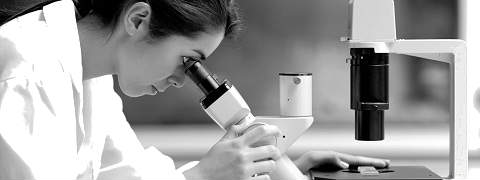Public Health -2024, medical congress
Title: Pubic Health – 2024 AGENDA Beginning of the registration — 09:30 a.m. Opening of the conference — 10:00 a.m. Plenary meeting 10:00-12:30 Opening part • The role of radiological research in providing quality medical services to people • Rational approach to equipping medical institutions with radiology equipment Read more














